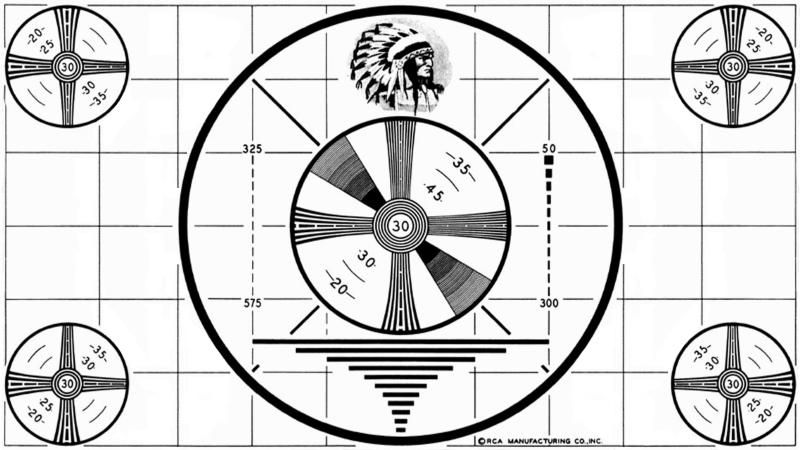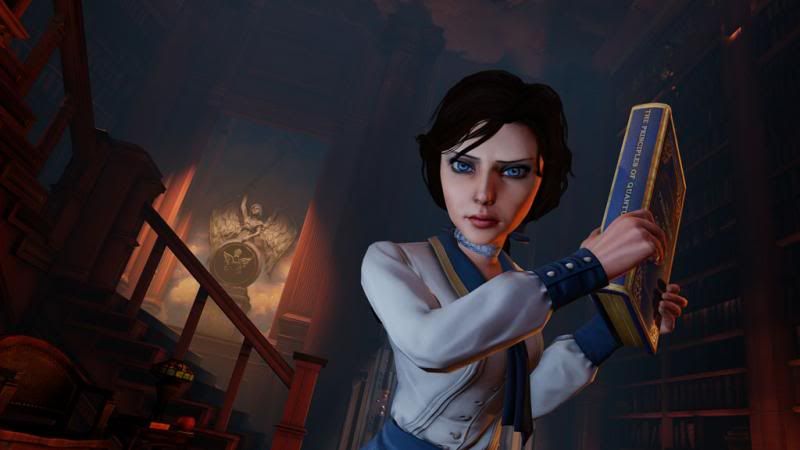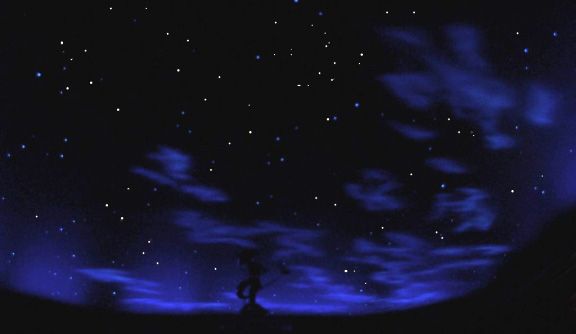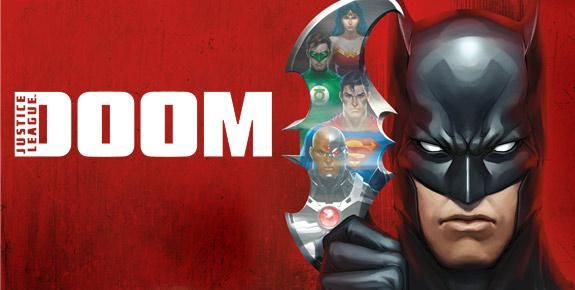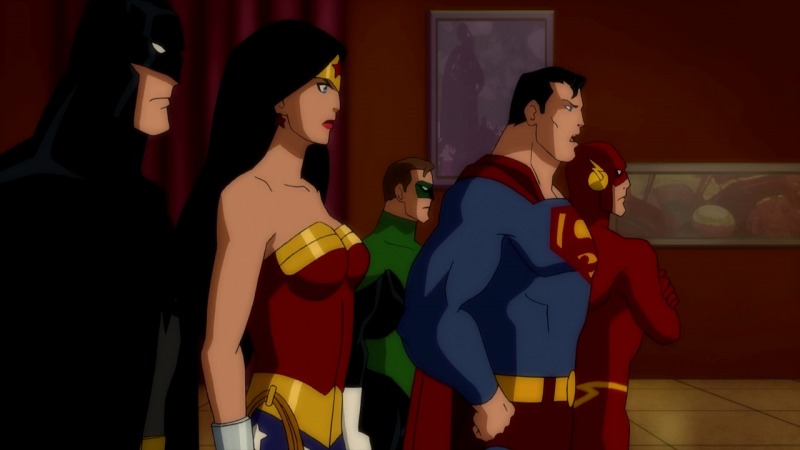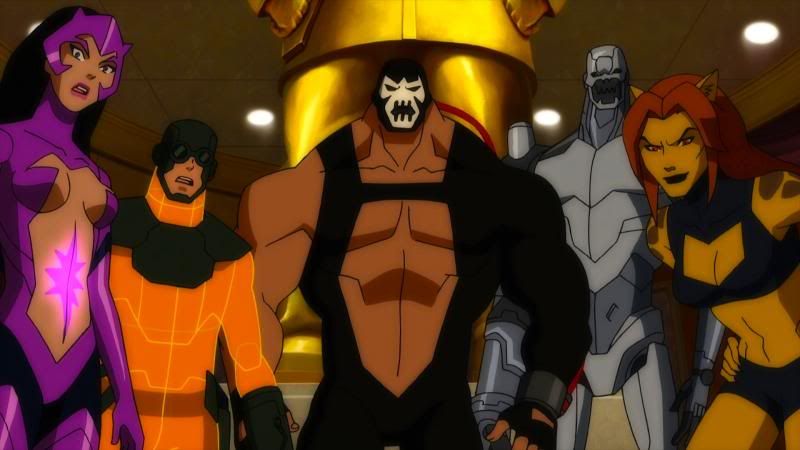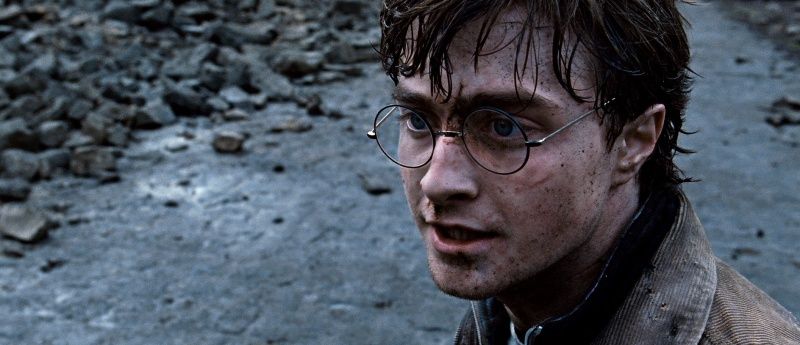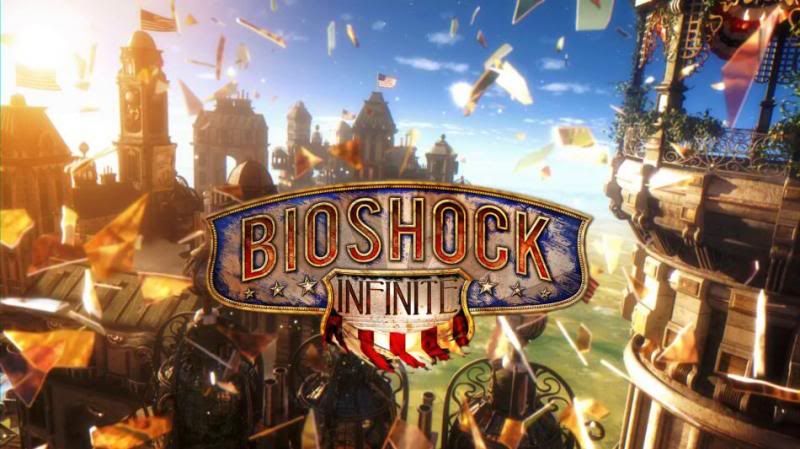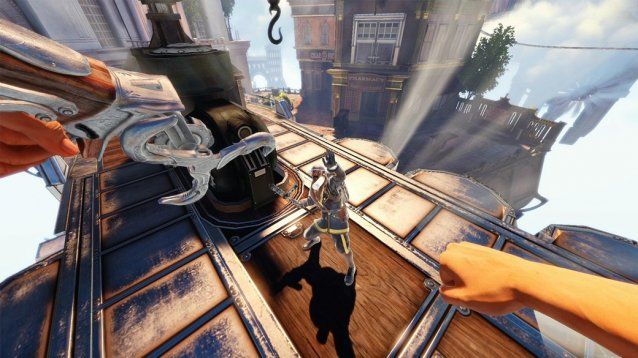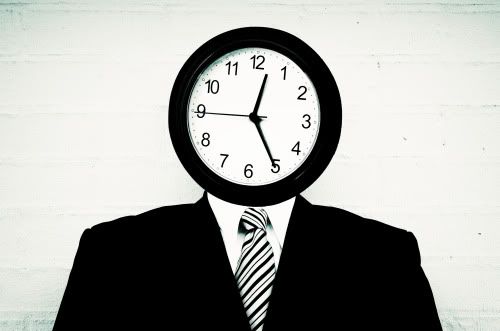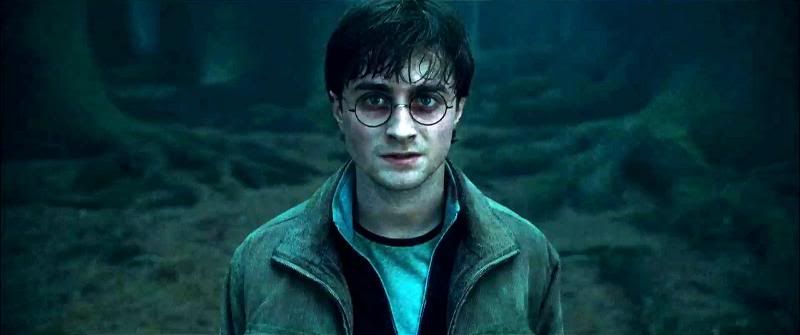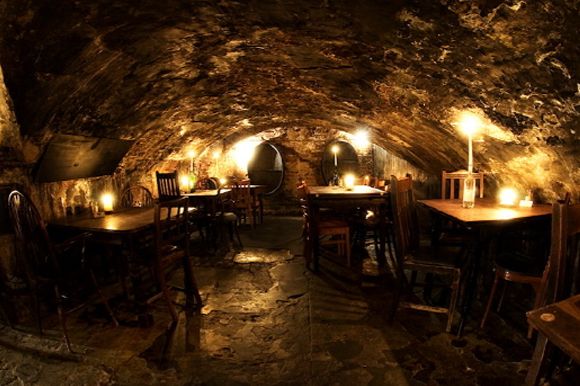
Since this week's Terribleminds flash fiction was a single sentence, and my weekend was too jam-packed to make use of Brainstormer, I dug around and found an as-yet unpublished work of fiction. This is in the tradition of most of my other free fiction, in that it reworks an old tale in a new way. Specifically, this is a Chinese folk tale done as a modern romance. I hope you enjoy it. If you'd prefer to read the story in PDF-form, check out
this page. If you'd prefer a format like MOBI, let me know and I'll see what I can do!
To say that Caroline Weaver didn't get out much would be an understatement. In terms of creature comforts, she wanted for nothing. She had a spacious apartment within walking distance of her father's office. Weaver & Weaver had been in the commodities business practically since there
was a commodities business, and it was a long-standing, solid and above-board company handed down from eldest son to eldest son. When Joe's sons and wife were killed in a car accident, he turned to Caroline and immediately began grooming her to take his place when he was gone. The loss of her brothers and mother left Caroline numb, dedicated solely to her work. She knew how important it was. Her dad was counting on her. If someone who wasn't Weaver took over the company when Joe passed on, it wouldn't be Weaver & Weaver anymore, would it? It was something that consumed her. She ate organic food, slept near a laptop, never took vacations and no relationship she tried lasted longer than a couple months. Some of her co-workers joked the only guy she could stand on a regular basis outside of her father was "the lo mein guy." His cart was always parked across Broadway from the office building. FRESH CHINESE was the declaration on the placards bolted to the hammered metal sides. Paper lanterns hung from the opened side doors, a little MP3 player hooked up to speakers piped quiet Chinese tunes, and the smell coming from the cart was always something divine to Caroline, never greasy or fatty. It was the man behind the cart, however, that really kept her coming back. "Morning, Miss Weaver! The usual lo mein?" He was her age. He kept his dark hair short, and his eyes always had a glint of mischief in them, a laugh just waiting to explode from his mouth. More than once, Caroline reflected that there was a significant lack of laughter in her life. "Yes, please. How's the beef?" "Absolutely delicious." He grinned as he spooned noodles into her take-away container. "But you know that! You never get chicken or shrimp." "It's just that the beef is so good," she admitted. "Is it local?" "Yes, unfortunately." "Why is that unfortunate?" Caroline was speaking before thinking. That never happened. She'd been visiting this cart for months, why was she suddenly so talkative? She watched him, carefully sprinkling spices on top of the pile of beef and noodles in the paper box. Why couldn't she look away from his eyes today? "It's not as good as the beef back home. My father's a cowherd, like his father and so on and so forth." She blinked. "'Back home'? You're a Chinese native?" "Why is that a surprise?" He let out a short, barking laugh. "Is it because I speak English so well?" "Well…" She shuffled her feet. The last thing she wanted to do was offend him. If nothing else, she didn't want her food spiced with spit. "I get it all the time." He was still smiling, handing her the lunch. "I was educated at a school upstate. My father was here for years trying to secure an export contract for his beef. It never happened. He couldn't afford to move us all back home, so I stayed to make enough money on my own to do it." She handed him a few bills from her purse. "Here, and keep the change. I hope you make it home someday soon." "Me too. Thank you, Miss Weaver." His smile was infectious. She turned, face to face with a construction worker who wasn't as happy with their banter as she was. Blushing, she hurriedly crossed the street. She didn't stop blushing until well after she returned to her desk. She still wasn't sure what'd possessed her to talk to him like that. She tried not to think about it as she got her chopsticks out and ate her lunch. Hours later as she was plowing through a pile of work it occurred to her she'd never asked his name. That's exactly what she did the next day. "I beg your pardon?" "I didn't think to ask your name yesterday." She paused. "I've been coming her for months and never once have I asked your name. Wait… how do you know mine?" "You answered your cell phone once while I was making your lunch. That's rude, you know." His deadly serious face made her crestfallen. "Oh…" His eyes glimmered and he grinned. "I'm just playing. I didn't mind. Folks behind you might've, but I can't tell them how to think." She returned his smile. "I'm sorry. I've just been working a lot lately." "Aren't we all." He handed her the beef lo mein. "I'm Yuan. Sorry if I didn't say so before." "No, really, it's my fault for not asking." He handed her the lunch he'd made her. "Think nothing of it, Miss Weaver." She paid him, along with the tip she usually added. "It's Caroline." His smile lit up his entire face, and the rest of that afternoon flew by for her. Over the next few months, Caroline and Yuan began to learn more and more about each other. She didn't know much about baseball, but he hated the Yankees. He hadn't gotten to do much reading since establishing his business, and she was a huge Harry Potter fan. They shared a taste for older rock'n'roll, with Caroline marking the death of Jimi Hendrix every year and Yuan considering himself a Beatlemaniac. Caroline didn't go to the movies much, and Yuan promised if they ever did, it wouldn't be to see a romantic comedy. "I don't know if I'd have the time to go see a movie." The skies above were threatening rain that day. Yuan smiled as he stirred a fresh batch of lo mein noodles, intent on giving her the first portion of it. "But you'd be open to the idea?" She smiled. "What makes you think I wouldn't be?" "Don't people in your line of work usually associate with others in the same industry or social circle?" "I guess, but most of them are entitled self-important arrogant douchebags." Yuan snorted in laughter. "Well, I can't say I'm any different. I mean, these are the best noodles in the city." "But I can attest to that. I've tasted your noodles. I only have vapid claims to go on from those clowns. I have no interest in seeing their golf swings or art collections, and they think I'll be eager to find out how good they are in bed when their cologne could knock out a herd of angry rhinos? No, forget it." Yuan shook his head, grinning. "I think this is the happiest I've heard you. You really enjoy trashing your peers this much?" "No. I enjoy talking to you this much." He looked up at her smile, and for a moment, he was at a loss for words. He handed her the lunch box. She took it, touching his fingers for a moment before handing him the cash. "Thursday night, the cinema over on 55th. Seven o'clock?" He nodded. "I'll be there." The movie showing on Thursday night was a little independent production, and it was neither romantic nor a comedy. Still, at times the movie seemed absolutely superfluous, as Caroline was in the company of someone who made no demands of her and had no expectations. It wasn't an industry event where she was supposed to hobnob with this client or that CEO, it was simple, straightforward, uncomplicated. She didn't want it to end. He walked her to her door afterward, kissed her good night and took the train back to his self-described "rathole". She was still walking six feet off the ground when she came into work on Friday. "You seem to be in excellent spirits." She came out of the pleasant memories to look at the man standing at the door of her office. Her father. Tall and thin, with a bald head and bright blond sideburns flowing into his distinctive mustache, he entered the office and closed the door behind him. "Yeah. I… I was on a date last night." "A date? With whom? That nice boy Howards from the exchange?" "No." She hesitated. How much did she want to tell him? How much could she? "You wouldn't know him." The lift he'd had in his mustache disappeared. It was the most she'd seen him smile in a while, and now it was gone. "Well, maybe I'd like to. Give it some thought." He left her to her work, and the morning dragged by for her until she headed downstairs for lunch. "You look awful," Yuan commented as he stirred the noodles at his cart. "What's wrong?" "It's my father. I told him about our date, and…" "…he'd be less than impressed with me." He nodded slowly. "He's a high-powered executive. I understand." "Yuan, he's not a bad man, but the company is all he has. I'm important to him because of the part I play in it." "Can't you be important to him because you're his daughter?" "I was, once. Now he's pinned all his hopes and future on me." He touched her hand, gently. "That's a lot to ask of someone." She looked in his eyes. "Yuan, I'm sorry. I don't want to stop seeing you. I… you make me so happy sometimes I can barely contain it." He smiled, and gently handed her her lunch. "I'm glad we agree on that. Look, you'll see me here every day. When you're ready, we'll talk about how to handle this 'dad' situation of yours. It'll be fine. I promise." Nodding, she gave her usual generous tip, taking a moment to kiss the bills before putting them in his jar. The grin splitting his face was priceless. She returned to work in better spirits and made it through the rest of the day. The next day, however, it was Yuan's turn to be followed by a dark cloud. He showed Caroline a form that'd been delivered to him in person. "It's a deportation notice," he told her. "My visa's been revoked." "How is that possible?" She studied the form. It made no sense. "After my student visa expired, I applied for residence. Despite the fact my work permit from my previous visa hadn't expired, they're saying this-" He gestured a his cart and its delicious-smelling food. "- is illegal, and they're deporting me for it." "That is bullshit!" She slammed the form back onto the cart. "What was this officer's name? I'll find him and sort it out." He shook his head. "I've already found a buyer for the cart. I'm going to go home, help dad with the farm. The money I've made here isn't much, but…" She took his hand, ignoring the people behind her. "Yuan, they don't have to run you out like this. It isn't right. We should fight this, together." "Even if we do, I'll either be doing it from China or from jail. I'd like to hold on to my freedom, even if it means leaving a country supposedly founded on it, and you." Caroline felt tears coming to her eyes and tried to blink them away. He touched her face and smiled faintly. "It's a smaller world than you might think. I don't think it can keep us apart for too long." She leaned into his touch, kissed his hand. "I'm going to miss you." "I'll miss you too, Miss Weaver. Here's your lo mein." She didn't remember the trip back upstairs, nor leaving her lunch on her desk. The next thing she knew she was in her father's office. "This was your doing." "I don't know what you mean." He didn't look at her. Six financial reports were on his wall of televisions at once. He said it kept his mind sharp. "Yuan's deportation. You had something to do with it." "People shouldn't be here on expired permits and visas. If they can't be bothered to renew their paperwork properly, they've got no place here." "His work permit's fine, you just don't like the fact that I'm interested in someone in a lower tax bracket from you!" "I don't like your tone, Caroline." "And I don't like the way you try to control my life like it's a game of chess or something! I'm your daughter, not a slave or a pawn!" "You're also the best employee I've got, and this is our busiest time of year. I need you completely on your game with no distractions. You can have all the girlish flings you want third quarter, just as long as I don't have to see it by looking out my window." Caroline felt her hands curling into fists. She stared at her father as her nails bit into her palms. Finally, when she couldn't think of anything constructive to say, she turned and walked out, returning to her office. She managed to make it through the rest of the work day and get herself home before she broke down into tears. It was a dismal month that followed. The corner across the street from the office was soon occupied by a hot dog vendor, a large gentleman with hairy shoulders who tended to undercook the dogs. She tried to focus on her work, and as her productivity didn't dip too far, her father either didn't notice the way she dragged herself through her days, or simply didn't care. Caroline suspected the latter. Finally, after returning home from work, she found an envelope with international postage on it waiting for her. She got into her apartment, tore off her coat, sat at her tiny kitchen table and clawed the envelope open.
Dear Caroline, I've never been all that good at writing things out. I try to deal with what's in front of me and not live inside my head, in words and pictures. I'm sorry if that meant I came across as cold the last time I saw you. Leaving you tore me apart. I loved that little cart and I miss it, almost as much as I miss you. We don't have the Internet out here on the farm, as my father thinks it's a superfluous expense. So I've taken to riding the train to the nearest library. Still, I have the credit card I got while I was in the States, and I used it to buy you a copy of this software that teaches you Chinese. The code for downloading it's enclosed with this letter. I've also sent you a voucher for an airline ticket, which should bring you out here around our New Year's celebration. You've got six months to learn enough Chinese to not piss off my dad. No pressure. I'm kidding. I'm sure you'll get along fine. Still, a few key Mandarin phrases won't hurt. I'm sure your dad won't be too happy with you skipping town on him, and I know your work is important to you. I'm not going to ask you to run away or anything like that. Just come see me, or at least write back. I miss you more than words can say. Love, Yuan Sure enough, the envelope had a print-out with a download code and another with information on a cross-Pacific flight. She read and re-read the letter several times, and a plan began to take shape. The exchange of letters between her and Yuan quickly became preoccupied with the particulars, as she practiced her writing of Chinese characters and he gently corrected her sentence structure. She saved all of her excitement and anticipation for after hours, ensuring her productivity remained at its usual high level. With her father pleased, he left her relatively alone. She worked her vacation request through the HR department like any other employee, knowing that her father tended to ignore the scheduling calendars of other people in his company as long as nothing they did interfered with his meetings. The Friday before she left, however, he knocked on her office door. "A two-week vacation, and I'm only just now hearing about it?" She didn't look up from her paperwork. "I'm the top earner in the company three months running. I've earned some time off." "The HR calendar doesn't say where you're going." "I didn't see how it was anybody's business." "What if you're going someplace dangerous?" "You mean like five blocks from here? I'm not going to stay shut up in this office or my apartment because of a minority of ultra-violent whackjobs." "I see your point." He lingered at the door, watching her work, before he disappeared. When he came back, he closed the door behind him and placed an envelope in front of her. "What's this?" "I moved you up to first class." He stood before her desk, his face inscrutable. "I won't have you on a cross-ocean flight for hours on end cramped in a coach seat. My daughter deserves better." She looked at the envelope, then up at her father. "You know where I'm going, then?" "Yes. And I know why." He paused. "You're right. You deserve your vacation, and the reason you're taking it there is my fault. I was… I was scared." She blinked, breath caught in her throat. He tapped the envelope, not looking her in the eye. "I know this won't make up for what I did. But I had no right to take away something that made you happy just because I feared it getting in the way of business. I'm your boss, but I'm also your father. I can't let one overwhelm the other." The muscles in his jaw danced. "I know people say this company's all I've got. But, really, Caroline… it's you. You're all I've got. And I'm scared of losing you." She took his hand. "You'll never lose me, Dad. Not really. But I can't always be here. Not when my heart is somewhere far away. I miss that little Chinese cart and the sweet guy behind it more than anything, and I'm sorry it took you this long to understand that." She smiled at him. "Don't be scared. I'm going to come back. But I need to see him. You understand that, don't you?" He nodded. "Take the time you need, be safe and come home. We'll be waiting for you." She got up from her desk and hugged him. It was the first time they'd hugged in years. Phones rang elsewhere in the building. Emails poured into inboxes. The Weavers ignored them. For that moment, they weren't co-workers anymore. They weren't commodities traders. They were a family. Two weeks later she was in China. Fireworks exploded in the streets. Paper dragons chased parades and lanters swung as people went hither and yon during the festivities. Yuan and Caroline walked hand in hand. "I'm sorry my dad's not in better health." Yuan smiled a bit in spite of his mood. "It turns out I came home at just the right time. Getting into the groove of running the farm took longer than I thought it would, but we're seeing better business than ever." "I'm glad something good came out of that. I was worried for you." "I know." He squeezed her hand. "And your Mandarin sounds good. I know you'll keep practicing when you go home." She leaned her head on his shoulder. "Let's not talk about that yet. I know I have to, that it'll be a long time before we make this work. If we ever do. For now… for now, I just want this." He nodded, and smiled. "Let me take you home, then, and make you some lo mein." Firecrackers popped nearby. Miss Weaver smiled at her cowherd. "I can't wait."
Blue Ink Alchemy
